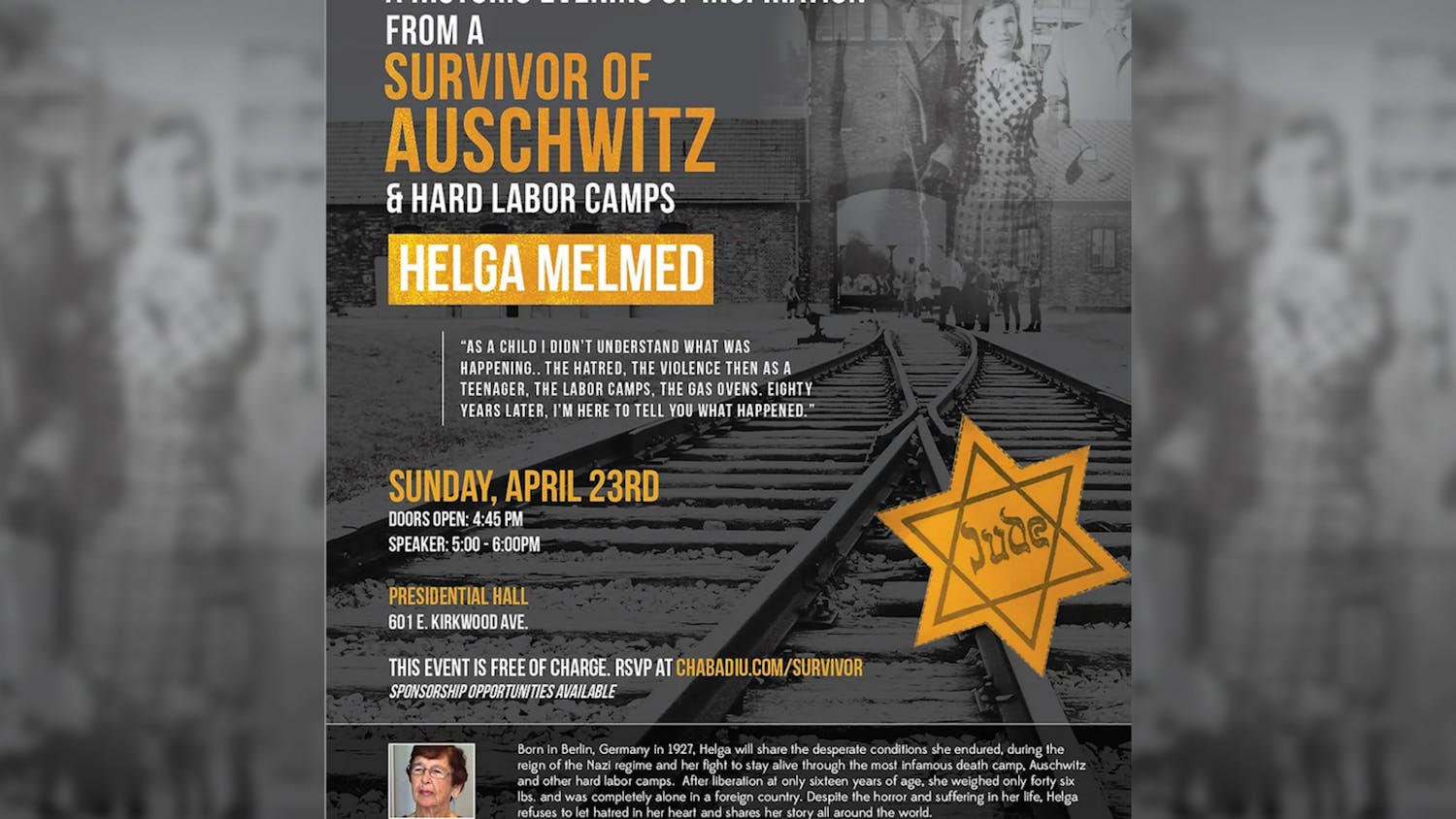Florida International University Professor Bill Darrow shared his research on America’s HIV/AIDS epidemic Tuesday to more than 100 students and
faculty.
Thirty years ago, he and his team were the first to identify HIV/AIDS as a sexually transmitted infection.
Darrow directed the STD/HIV Prevention Branch in the U.S. Center for Disease Control and
Prevention.
In his presentation, “The AIDS Epidemic: What Went Wrong, When, and Why,” Darrow walked the audience through his interviews and studies on the first HIV/AIDS cases documented in the U.S.
His work as principal investigator for the multi-million dollar HIV-prevention project during the height of the early 1980s AIDS crisis formed the basis for modern understanding of the disease.
“At first we only asked them how they thought they were infected,” Darrow said. “It was completely
confidential.”
Darrow interviewed the known and suspected sexual contacts of New York-based flight attendant Gaetan Dugas, known as “Patient Zero,” who was one of, if not the first, to bring the virus to the States, he said.
He said Dugas averaged about 250 different sexual partners per year since 1974.
Darrow then contacted the names he received from Dugas to confirm his hypothesis that the disease was, in fact, transmitted sexually.
By studying small clusters of infected men in Los Angeles and San Francisco, Darrow and his team identified the catalyst of the HIV/AIDS epidemic — commercial air travel.
The billions of passengers traveling by air facilitated the rapid spread of the virus.
“We had to intervene quickly,” Darrow said. “There wasn’t time to be patient when trying to stop this virus.”
Since 1987 more than 50 vaccine candidates have been tested, but none have proven effective.
“We may never have a vaccine,” Darrow said.
His lecture was presented as a part of the College of Arts and Science’s 2013 Themester: Connectedness: Networks in a Complex World
Bernice Pescosolido, IU professor of sociology said students should witness the power of different types of networks, including the AIDS epidemic and how it affects life and death.
“Darrow was a part of the team that broke the AIDS case wide open,” she said. “His work has saved hundreds, if not millions of lives.”
Darrow’s lifetime role in contributions to HIV/AIDS prevention was written in Randy Shilts’ novel “And the Band Played On,” which was made into a motion picture in 1993 of the same name.
Darrow said he hopes students can recognize the seriousness of the AIDS epidemic and appreciate the progress made to control it.
“We cannot forget what has been done, what should have been done and what we need to do in the future to make up for past mistakes,” he said.
Follow reporter Matt Bloom on Twitter
@matthew_bloom.
HIV/AIDS investigator shares years of research
Get stories like this in your inbox
Subscribe




